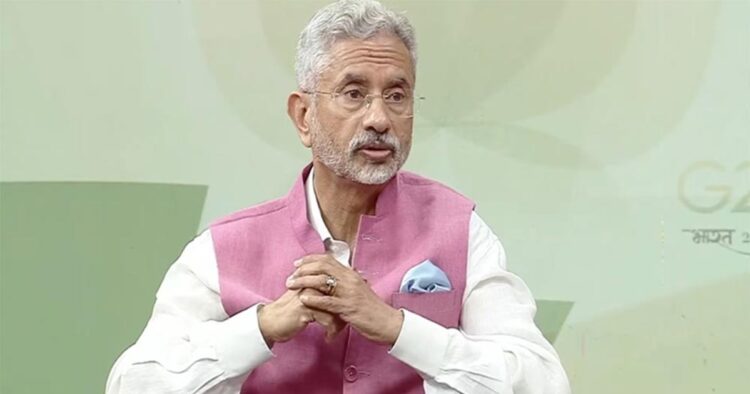At a summit held on Wednesday, Bharat’s External Affairs Minister, S Jaishankar, drew comparisons between the governance styles of former Prime Minister Jawaharlal Nehru and current Prime Minister Narendra Modi. He expressed the need for India to move away from blindly idolizing past leaders and eras, suggesting that not all decisions made during Nehru’s tenure were flawless.
Speaking at Network 18’s Rising Bharat Summit, Jaishankar highlighted a perceived tendency in India to romanticize certain historical periods, particularly from 1946 onwards. He criticized what he called a “cult worship” mentality, urging for a more critical examination of past policies and decisions.
Jaishankar specifically pointed to instances where Nehru’s foreign policies may have been misguided. He cited a situation in the 1950s where India sided with China over America, leading to strained relations with the United States. This, he argued, was part of a broader ideological bubble influenced by Nehru’s stance.
The minister emphasized the importance of not blindly adhering to past foreign policies, suggesting that Modi’s approach has been more pragmatic and effective. He praised Modi’s foreign relations, suggesting that his leadership style has garnered respect both domestically and internationally.
Jaishankar defended the controversial Citizenship Amendment Act (CAA), stating that it aimed to rectify historical injustices faced by certain communities during the partition of India. He argued that the act was about righting past wrongs and providing justice to those who had been marginalized.
In addition to his remarks on foreign policy and the CAA, Jaishankar emphasized the need for countries to undergo scrutiny and audit their policies. He advocated for a critical and open-minded examination of past events, suggesting that this approach would lead to better governance and decision-making.
Overall, Jaishankar’s comments reflect a broader debate within India about how to reconcile the country’s past with its present and future aspirations. His remarks underscore the complexities of governance and the challenges of navigating India’s role on the global stage.

















Comments